

A self tapper factory manufactures screws that create their own threads when screwed into materials like metal, plastic, or wood. This guide explores the types of self-tapping screws, materials used, manufacturing processes, and key considerations when selecting a supplier.Understanding Self-Tapping ScrewsSelf-tapping screws, also known as self-threading screws, are designed to eliminate the need for pre-drilled holes. They have a sharp cutting edge that taps threads into the material as they are driven in. This saves time and labor in manufacturing and construction processes.Types of Self-Tapping ScrewsThere are various types of self-tapping screws, each designed for specific applications:Type A: Widely spaced threads for thin sheet metal.Type AB: Similar to Type A, but with a finer thread for thicker sheet metal and plastics.Type B: Closely spaced threads for sheet metal, non-ferrous castings, plastics, plywood, and other materials.Type C: Machine screw thread. May be used in applications like Type AB screws when fine thread and greater holding strength are needed.Type 23: Thread-cutting screw with a blunt point and chip cavities. Used for plastics.Type 25: Similar to Type 23, but with a more tapered point.Materials Used in Self-Tapping ScrewsCommon materials used by a self tapper factory include:Carbon Steel: The most common material, often heat-treated for added strength.Stainless Steel: Offers corrosion resistance, ideal for outdoor or wet environments. Types like 304 and 316 are frequently used.Alloy Steel: Provides high strength and durability for demanding applications.Brass: Offers good corrosion resistance and electrical conductivity.The Manufacturing Process in a Self Tapper FactoryThe manufacturing of self-tapping screws involves several key steps:Cold HeadingThe process begins with feeding wire stock into a cold heading machine. The machine cuts the wire to length and forms the head of the screw through a series of dies and punches. This process maintains the material's strength and grain structure.Thread RollingAfter cold heading, the screw blanks are fed into a thread rolling machine. The machine uses hardened steel dies to form the threads onto the screw shank. This process is stronger and more efficient than thread cutting.Heat TreatmentTo improve the strength and hardness of the screws, they undergo a heat treatment process. This typically involves hardening and tempering to achieve the desired mechanical properties.Surface TreatmentSurface treatments are applied to enhance corrosion resistance, improve appearance, or provide specific functional properties. Common treatments include:Zinc Plating: Provides good corrosion resistance and is a common choice for general applications.Nickel Plating: Offers excellent corrosion resistance and a bright, decorative finish.Black Oxide Coating: Provides a mild level of corrosion resistance and a black appearance.Phosphate Coating: Improves paint adhesion and provides some corrosion resistance.Quality ControlRigorous quality control procedures are implemented throughout the manufacturing process to ensure that the screws meet the required specifications. This includes dimensional checks, hardness testing, and visual inspections. Hebei Muyi Import&Export Trading Co.,Ltd places high importance on product quality.Choosing the Right Self Tapper FactorySelecting a reliable self tapper factory is crucial for ensuring the quality and consistency of the screws. Consider the following factors:Certifications and StandardsLook for a self tapper factory that is certified to recognized quality management standards, such as ISO 9001. This demonstrates their commitment to quality and continuous improvement.Production Capacity and Lead TimesEnsure that the self tapper factory has the production capacity to meet your volume requirements and can deliver orders within your desired lead times. Some companies can offer expedited services, but this often comes at a premium.Material TraceabilityA reputable self tapper factory should be able to provide material certifications and traceability records to ensure the screws are made from the specified materials. This is particularly important for critical applications where material properties are critical.Customization OptionsIf you require custom screw designs or specific features, choose a self tapper factory that offers customization options. This may include custom head styles, thread designs, or surface treatments.Pricing and Payment TermsObtain quotes from multiple self tapper factory to compare pricing and payment terms. Consider the total cost of ownership, including shipping and handling charges.Applications of Self-Tapping ScrewsSelf-tapping screws are used in a wide range of industries and applications, including:Automotive: Fastening interior and exterior components.Electronics: Assembling electronic devices and components.Construction: Securing metal studs, drywall, and roofing materials.Appliances: Assembling appliances and white goods.Manufacturing: General fastening and assembly applications.Advantages of Using Self-Tapping ScrewsUsing self-tapping screws offers several advantages:Reduced Labor Costs: Eliminates the need for pre-drilling, saving time and labor.Improved Assembly Speed: Allows for faster assembly times.Stronger Joints: Creates a secure and reliable connection.Versatility: Can be used in a wide range of materials and applications.Self-Tapping Screw Size Chart (Example)Below is a simplified example. Always consult official standards and manufacturer specifications for accurate dimensions. Screw Size Major Diameter (inches) Threads Per Inch (TPI) #6 0. #8 0. #10 0. Future Trends in Self-Tapping Screw ManufacturingThe self-tapping screw industry is constantly evolving, with new materials, designs, and manufacturing techniques being developed. Some of the key trends include:Smart Screws: Screws with embedded sensors that can monitor joint integrity and provide real-time feedback.Lightweight Materials: The use of lighter materials, such as aluminum and titanium alloys, to reduce weight.Advanced Coatings: The development of new coatings that offer improved corrosion resistance and performance.Sustainable Manufacturing: Efforts to reduce the environmental impact of manufacturing processes.ConclusionSelf-tapping screws are a versatile and cost-effective fastening solution for a wide range of applications. By understanding the different types of screws, materials, manufacturing processes, and key considerations when selecting a self tapper factory, you can ensure that you choose the right screws for your specific needs.Contact Us: For all your self-tapping screw needs, consider reaching out to Hebei Muyi Import&Export Trading Co.,Ltd.Disclaimer: This article is for informational purposes only. Always consult with a qualified engineer or fastener specialist before selecting and using self-tapping screws.Data Source: Thread dimensions are estimates and should be verified with ANSI standards. Refer to ASME B18.6.4 for specific dimensions.

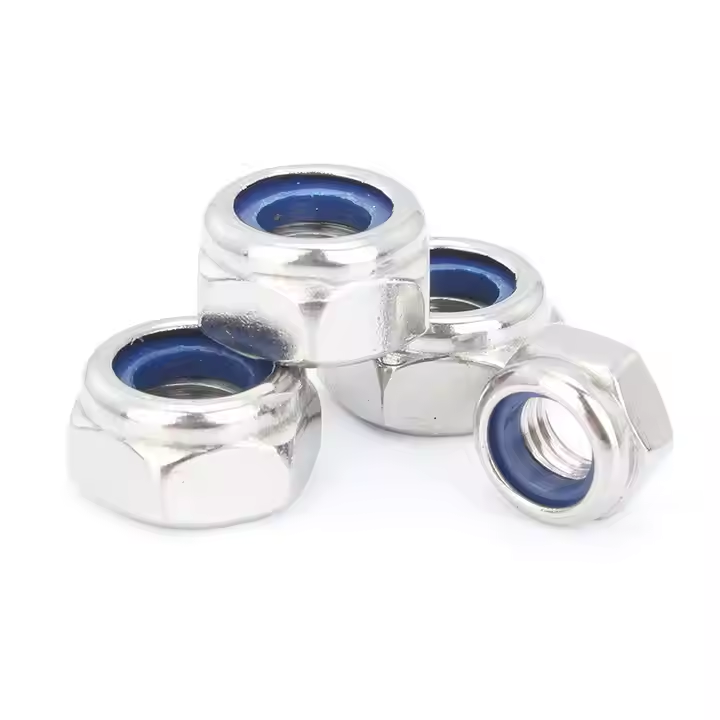

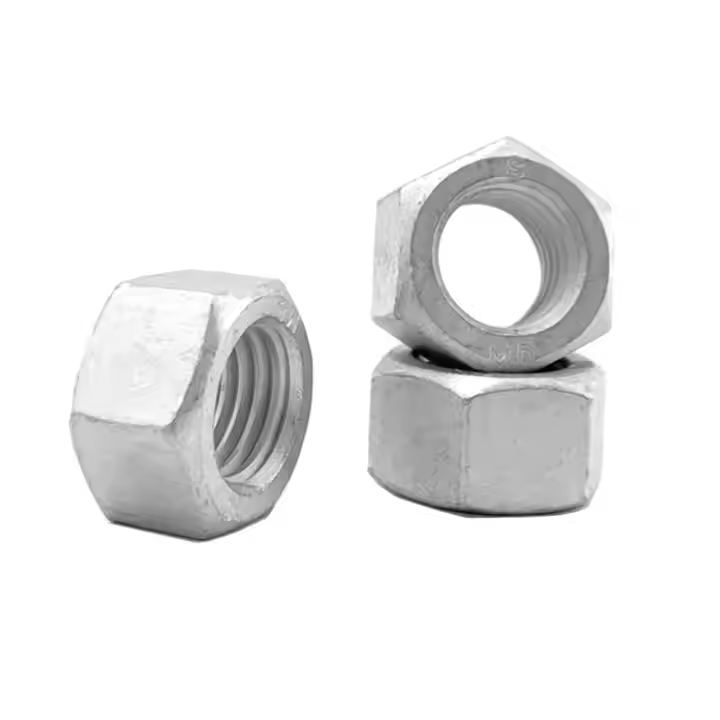

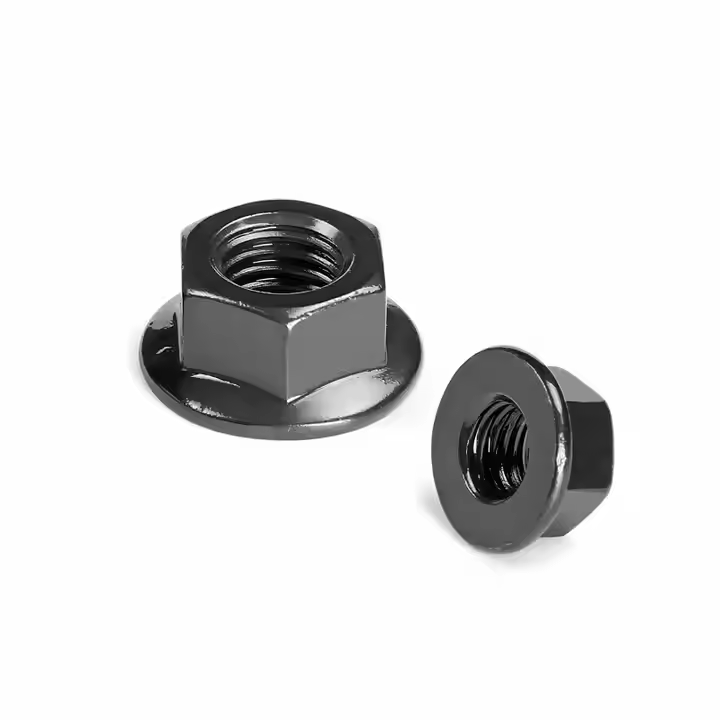



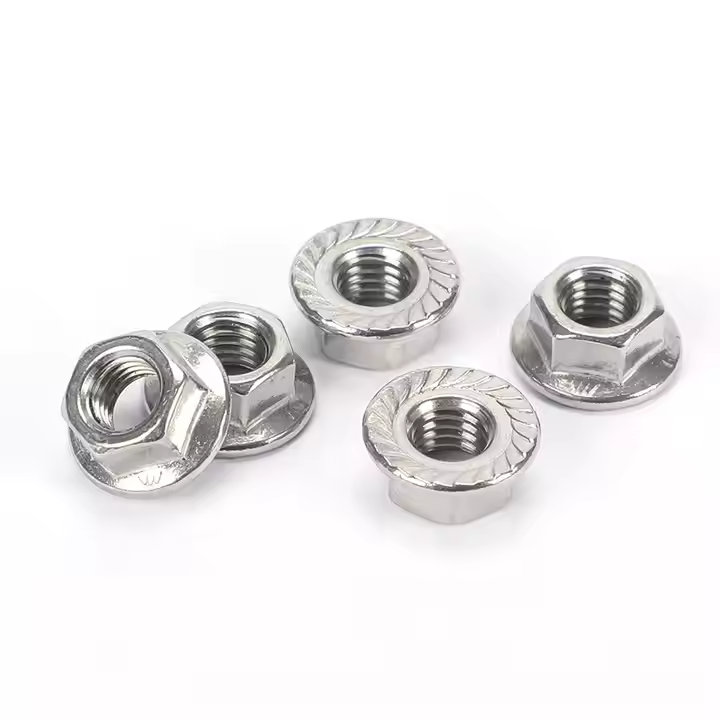
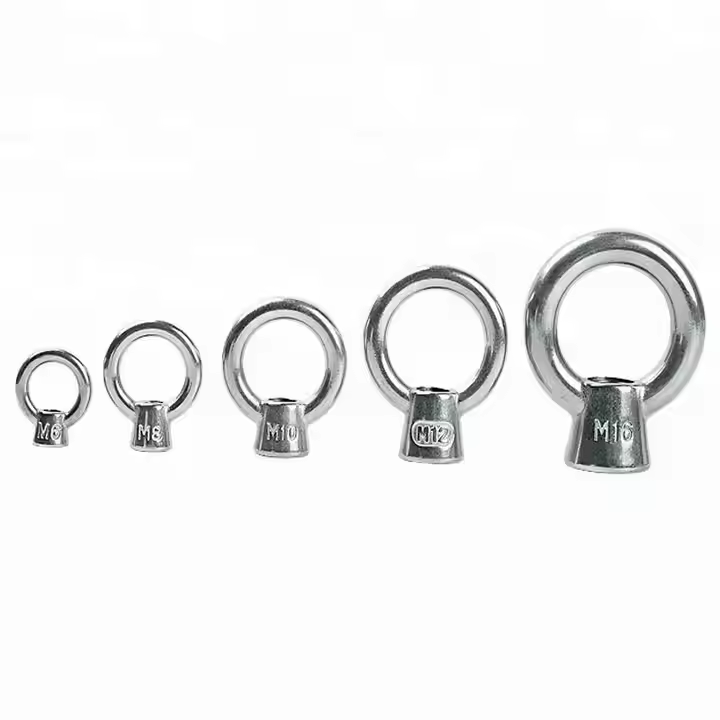
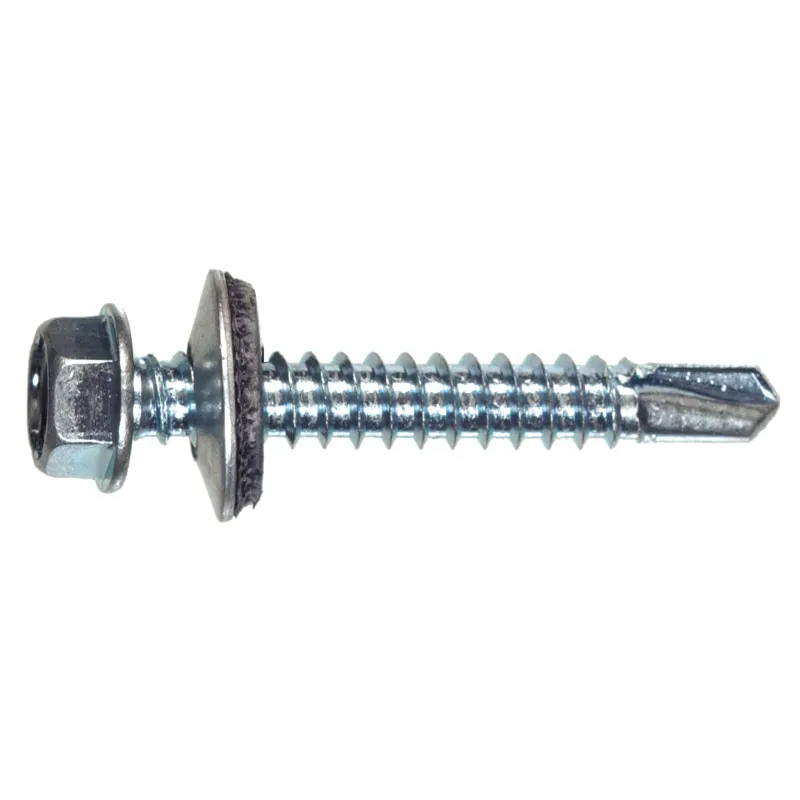
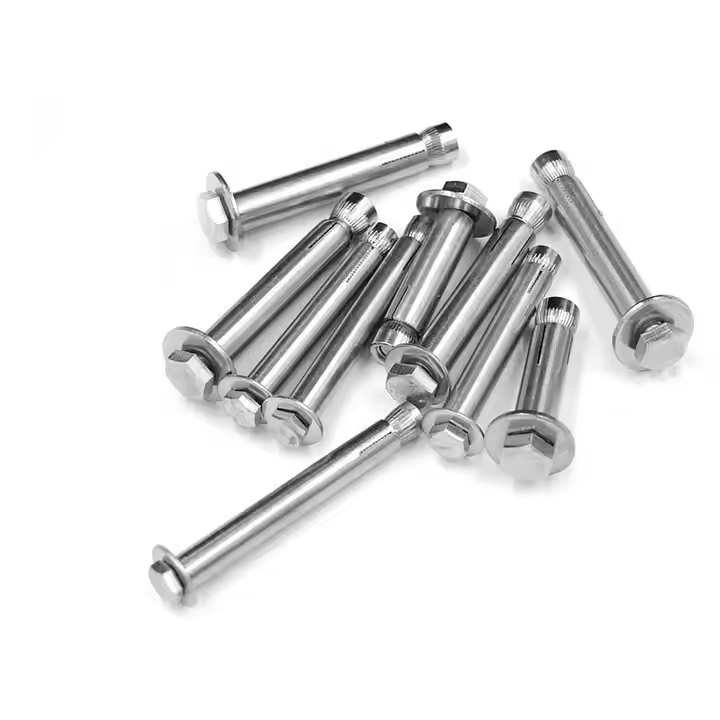
Please enter your email address and we will reply to your email.